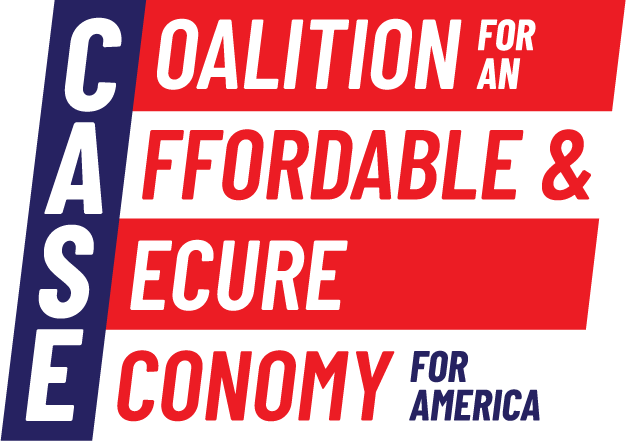Trade policy is a key driver of the global economy, shaping market dynamics and influencing consumer prices. For the United States, trade policy must strike a balance between promoting economic growth and protecting national interests. When applied strategically, tariffs are an economic tool that can be used to protect and bolster key American industries and products. However, across-the-board tariffs will hurt American workers and families by raising the price of household goods.
American families deserve the peace-of-mind that their household essentials won’t become more expensive because of trade disputes with other countries, especially our closest allies. The American people voted in November for policies that will put more money back in their pockets and bring down prices. A recent analysis from the Cato Institute found that American demand for imports was fueled by the need for everyday household goods: from groceries to school supplies, clothing to appliances. These are products families need and rely on. Additional costs hurt household budgets.
The U.S. also exports goods. Canada and Mexico buy goods from small main street businesses to large national companies that employ millions of people. They are America’s closest allies and its biggest customers, buying $680 billion in American goods in 2023. The U.S. also depends on the supply of materials from Canada and Mexico that bolster American-made products. If the cost of these materials increase, it threatens the competitiveness of U.S. products. In turn, this may result in higher prices for working-class families.
The Tax Foundation estimates that President Trump’s pending tariffs on Mexico and Canada, and recently-enacted tariffs on China, would shrink economic output and increase taxes by $1.1 trillion between 2025 and 2034 on a conventional basis, amounting to an average tax increase of more than $800 per U.S. household in 2025. The Yale Budget Lab estimates President Trump’s tariffs would cost the average household $1,000 to $1,200 in annual purchasing power.
Tariffs can be targeted to open new markets for U.S. exports and address unfair trade practices by foreign bad actors who don’t provide a level-playing field for American companies to compete. Working collectively with our allies, such as Mexico, Canada, Japan, Australia, the United Kingdom and the European Union, we can advance economic and trade objectives that achieve win-win opportunities with our like-minded allies and hold America’s adversaries accountable without exacerbating inflation for working families.
The majority of Americans strongly value international trade and recognize its importance in keeping the U.S. economy strong – but we must protect national interests without driving up the prices of the goods American families rely on every day.

